Counting in Switzerland: as easy as 1-2-3?
June 1, 2010, 22 Comments
Counting in a foreign language should be simple. Even if you are linguistically challenged, you can probably stretch to un, deux, trois from memories of school French. Or uno, dos, tres if you’ve ordered beers in Ibiza, and you might even manage eins, zwei, drei from countless war films. But this is Switzerland, where nothing is that easy.
The issue is not the four national languages, which are rarely used together unless you happen to be playing multi-lingual bingo. Imagine how time-consuming that would be: two fat ladies eighty eight, zwei dicke Frauen achtundachtzig, deux grosse dames quatre-vingt-huit, due grasse donne ottantotto. The real issue for number novices is how the Swiss use their numerals. In English numbers, such as a phone number, are generally given one digit after another: 021 364 7958 (all Swiss phone numbers, including mobiles, are ten digits) is said as ten distinct numbers with a slight pause between the three groups; a Swiss person would say that same number as zero twenty one, three sixty four, seventy nine, fifty eight. Not too difficult to follow in English, but in German, numbers are all backwards: zero one-and-twenty, three four-and-sixty, nine-and-seventy, eight-and-fifty. Try writing that down as someone is saying it and you’re bound to get a wrong number. Literally. You have write the 0, then leave a gap and write 1, go back to the 2, jump over to the 3, over again to the 4, back to the 6 and so on. Perhaps this numerical leap-frog is a way of breaking up otherwise scarily long German numbers. That 364 would be written as dreihundertvierundsechzig, which is quite a mouthful.
The Swiss way of saying phone numbers may sound odd, but at least as far as the languages go, it’s logical. The same can’t be said for the emergency numbers. In a country where everything is organised to the last millimetre, how is it possible that each emergency service has its own number? That’s federalism taken to ridiculous lengths. You have to ring 117 for the police, 118 for the fire brigade and 144 for an ambulance. What happens if dial the wrong one by mistake? And if you need a policeman and a fireman, do you have to ring twice? It would be laughable if it weren’t so serious. Plus the fact that directory enquiries is 1818; no surprise then that the fire service sometimes get callers asking for the number of the local pizzeria.
It’s not only phone numbers that are all over the place, but addresses too. In Swiss terms, the British Prime Minister lives at Downing Street 10, as the number comes after the street (except for holiday chalets, Swiss houses rarely have names since that would be too individual for the house as much as the owner). But the postcode then comes before the town name: eg, the Stauffacher Bookshop where I work can be found at Neuengasse 25-37, 3001 Bern. So much for Swiss logic.
Making things more complicated are the local variations on normal numbers. Until I came to Switzerland I thought I could count in French and German. To show that they are really Swiss and not some French province, the people of Romandie have their own versions of 70 to 99. In the bingo example above, the frankly ridiculous quatre-vingt-huit would be huitante-huit in Switzerland. Easy once you know. As for Swiss German numbers, they were the cause of one of my more embarrassing expat moments. A new-ish friend was giving me his mobile number, patiently saying each number in turn, but in his Bernese dialect. The last three digits were 896, which sounded something like achty-noony-sechsy. All I heard was ‘afternoon sex’. Unaccustomed as I am to being propositioned in the vegetable aisle of Co-op, my face went as red as the tomatoes behind me. Apart from my blushes, the other outcome was me learning Swiss numbers asap. The one that still makes me smile is five: in Bern the ugly German fünf becomes füüfi, which brings a little white poodle to mind.
But there are even bigger number problems than that. The Swiss, like most other Europeans, use a comma for a decimal point so that my book costs 29,90 francs. To complicate things further, an apostrophe is used to replace the comma in numbers over four digits, eg it might sell 1’000’000 copies. Then, if it were to sell a thousand times that number (ie 1 plus 9 zeros), in Switzerland that would be a milliard; a Swiss billion is a million million (1 plus 12 zeros). That means it’s scarily easy to mistranslate numbers, and that much harder to become a Swiss billionaire. Such a hurdle hasn’t stopped a fair few of them achieving exactly that status, something I can only dream of, once I have counted sheep in German to fall asleep.













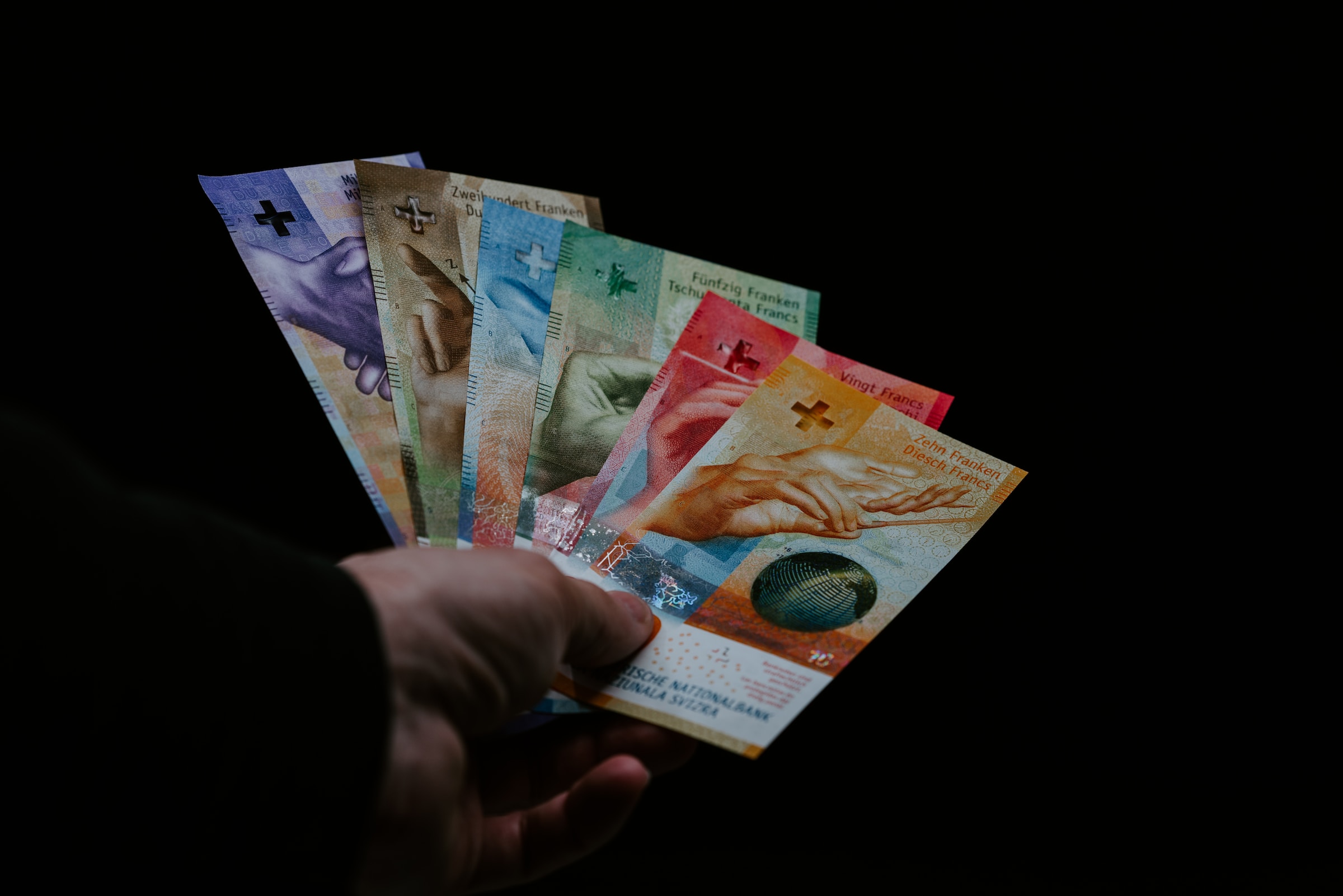
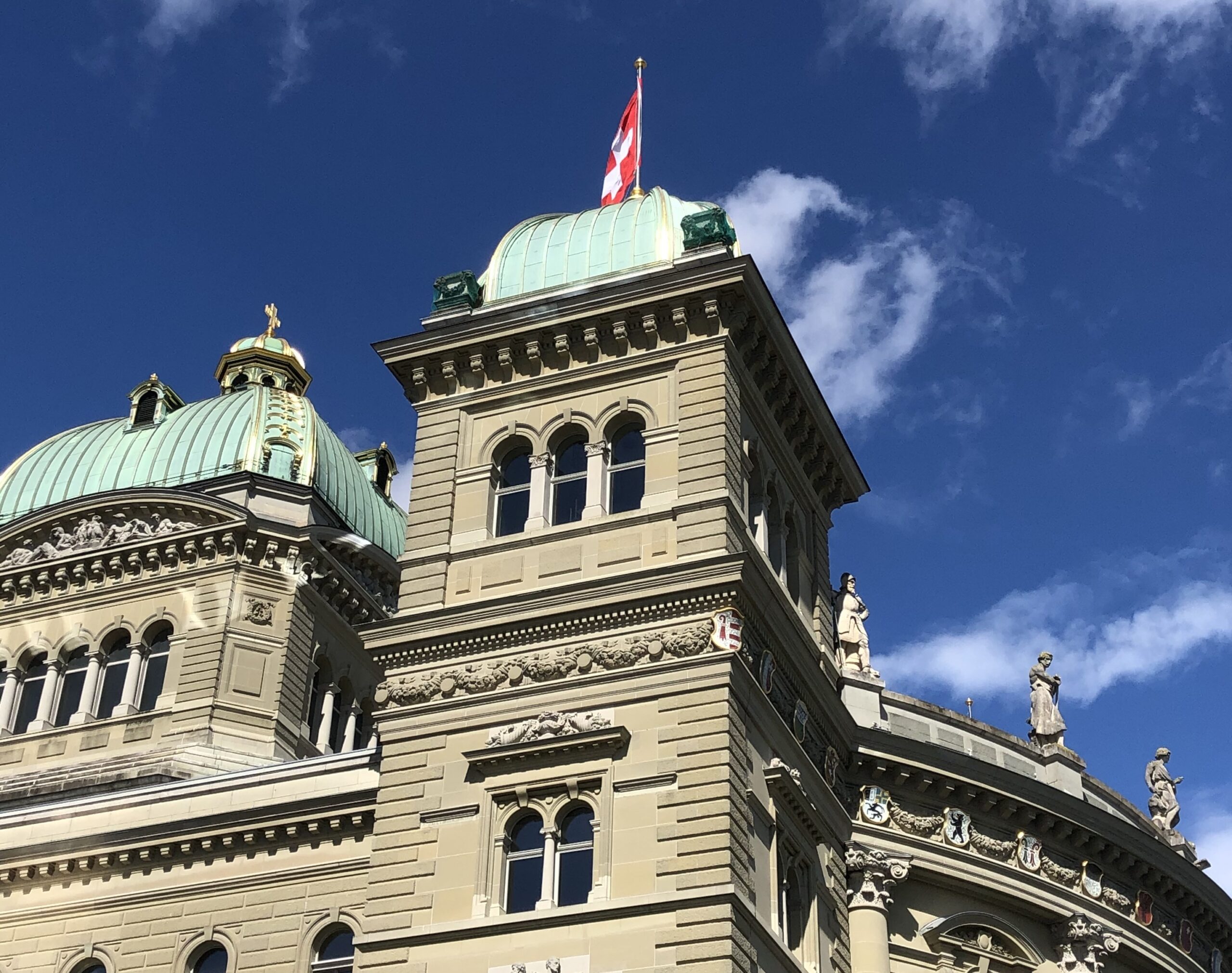



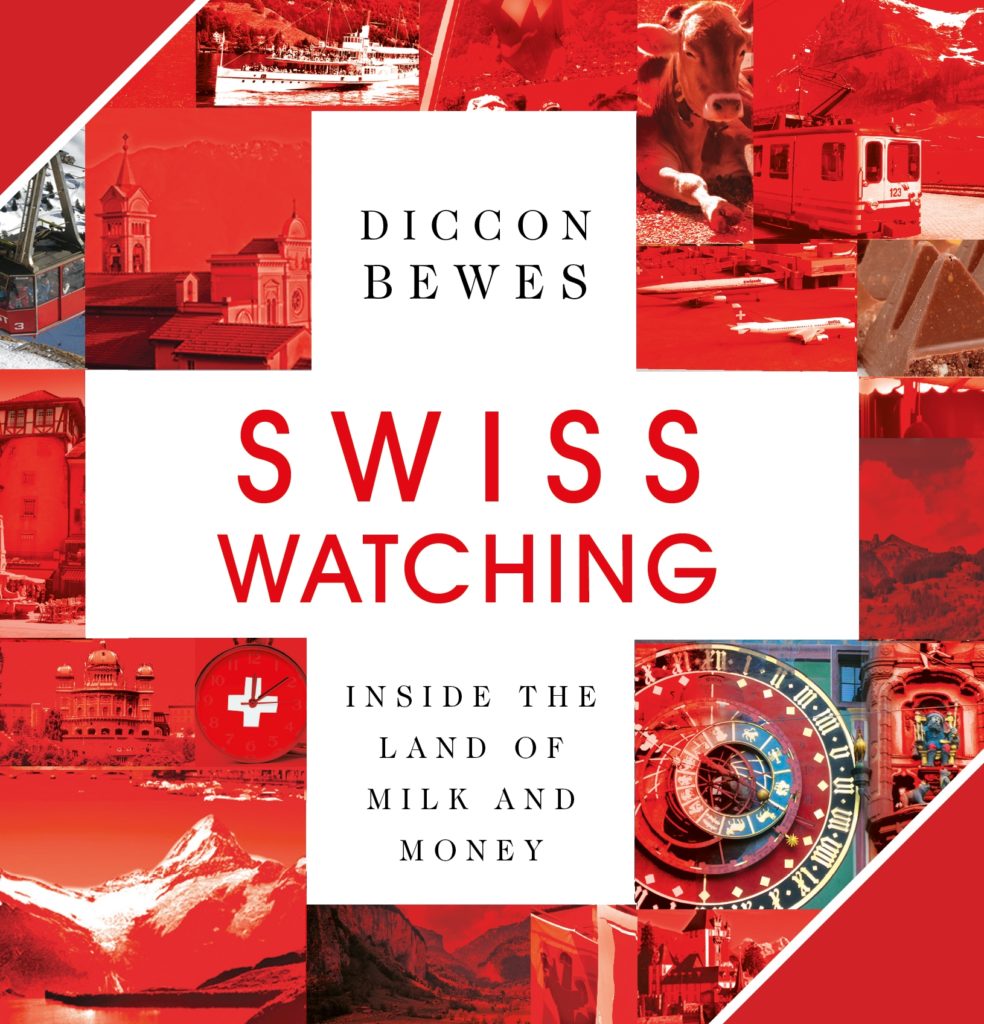
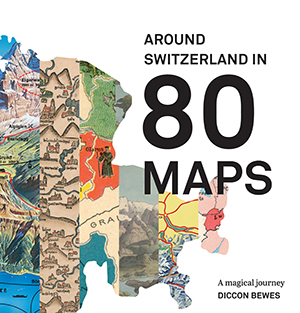
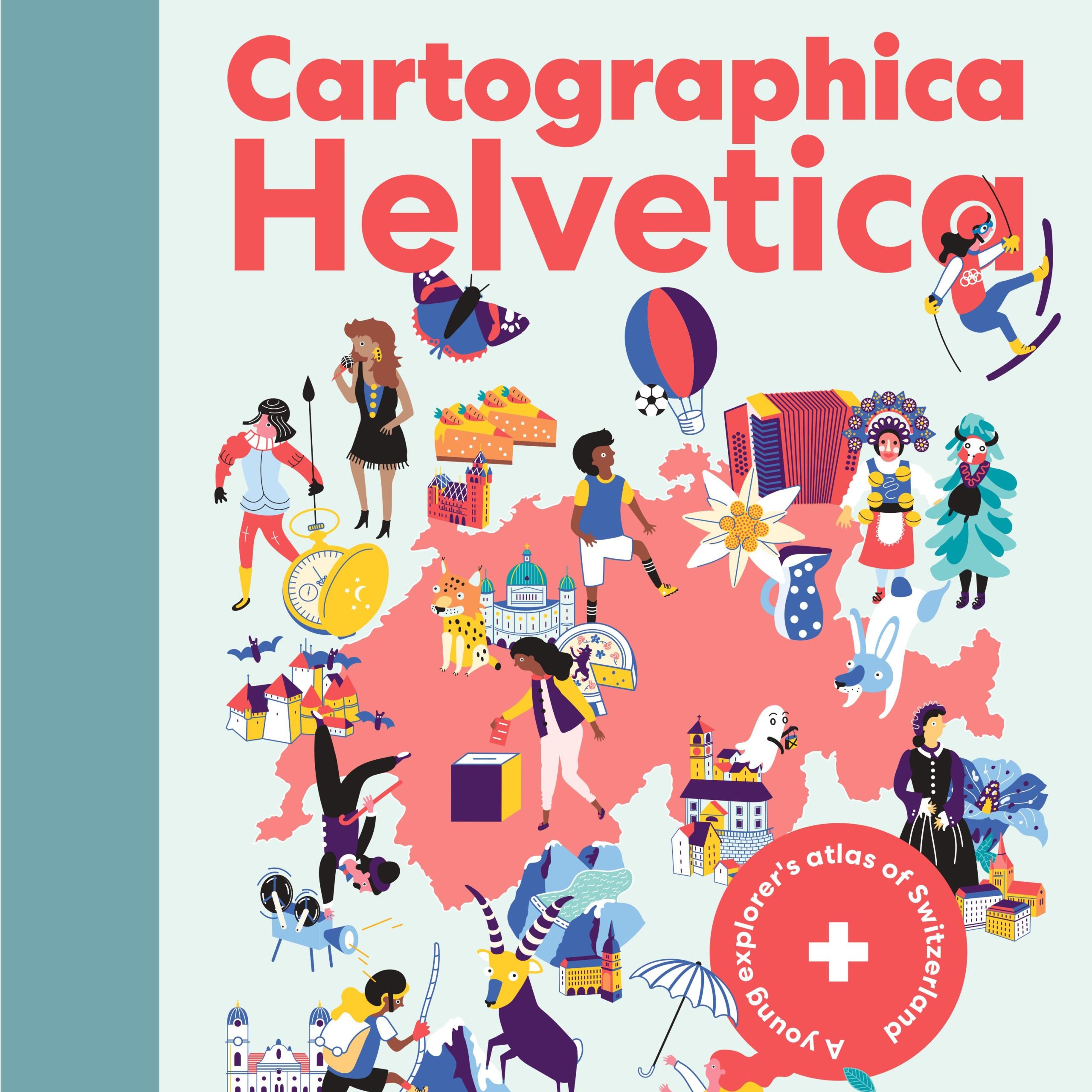
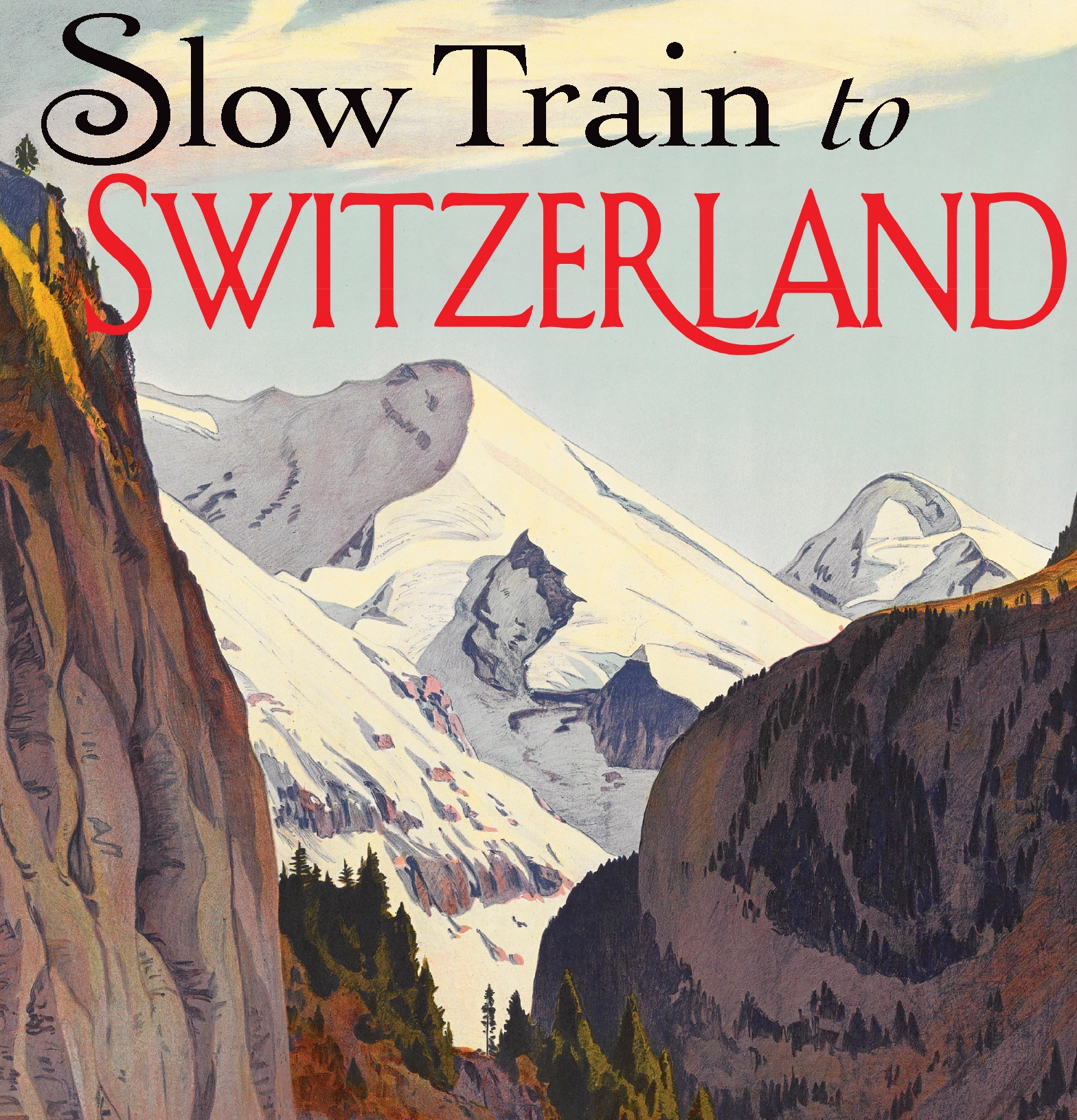

 Follow on Facebook
Follow on Facebook Follow on Twitter
Follow on Twitter Subscribe by RSS
Subscribe by RSS Contact me directly
Contact me directly Global Solutions Inc.
Global Solutions Inc.
22 Comments on "Counting in Switzerland: as easy as 1-2-3?"
Hi Diccon,
I discovered your blog after reading an article on your book in the online version of Tagesanzeiger. I’m a Swiss woman raised in Switzerland, living in the US for almost 14 years. I can’t wait to be able to purchase your book on my next trip back home, I really enjoy your blog! You have a great talent to pinpoint the idiosyncrasies of Switzerland – this latest blog entry is brilliant and to the point. I will suggest this blog (and the book) to my American friends who are interested in knowing more about my home country. Do you have plans to launch your book in the US?
Anne
Hi Anne. Glad you’re enjoying reading the blog as much as I enjoy writing it. As for the book, it’s already out in Switzerland, comes out in Britain on 12 June and in the US on 16 July. You can pre-order it now online at Amazon.com. Just click on the ‘About the book’ tab at the top of this page and then there are whole host of links to online bookshops around the world. One click will take you to the ordering page for my book in the relevant country – including the USA of course.
Thanks for the info, I will go and pre-order it right away! Can’t wait to get my hands on the book, I’m sure it will be a wonderful read. I’ll also post about it on facebook.
Until 2001 Swisscom had the monopoly for directory enquiries. The number to get a national phone number was 111. For international directory enquiries we had 5 numbers, I think one for each continent (not sure, never used them).
1818 is now just one of many directory enquiries. For example the Swisscom one would be 1811.
see: http://www.pctipp.ch/news/32899/auskunft_111_wird_zu_1811.html
If you’re confused in case of emergency who to call, just dial 112. Works as well. And even if you call one of the other three, they call the other two by themselves if those would be needed.
About our twisted numbers: A lot of swiss, including me, find it difficult to write down the phone numbers. It needs either a lot of practice or complete concentration.
I think 112 works across Europe, even in the UK where it’s more normal to dial 999 for all emergencies. Perhaps the 112 number should be better publicised.
And I’m glad that a lot of Swiss also have trouble with phone numbers; I thought it was just me struggling with the German. So often, I have to ask for people to repeat the number one digit at a time. Maybe that will improve with time…
It’s the goofy things that fuel love hate relationships with our adopted countries. Great stuff.
notsospanish.wordpress.com
I’m guessing that you’re an expat in Spain? Isn’t it fun getting used to whole new way of doing normal everyday things!
I love your post because I am interested in everything Swiss. Your post is about the most amazing things. It must take some time to get acclimated to the culture. I want someday to visit there.
Hi Janie. It does take time, of course, especially when you have to learn a new language as well. I only hope that when you come to visit Switzerland, you ever need to dial any of the mergency numbers.
In regards to emergency calls:
as you pointed out, they do have the courtesy to connect you to the proper service in switzerland.
In my city (New York), the following happens when you dial 911 for emergency:
if you wish to report a murder, dial 1
if you wish to report a car accident, dial 2
and so on.
once you dial yourself through, you hear:
please hold on, all our lines are busy
we answer calls as they are received
your call is expected to be answered in 12 minutes
if this is an emergency, please hang up and dial 911
da capo.
Regards, Lea
a swiss expat in NYC.
Lea, it’s these little things that make life as an expat all the more intriguing (and frustrating, enlightening, etc). And it makes no difference which country you came from or where you move to.
nice post, like this post…
thanks. there are lots more to come…
Excellent blog!
Having been an expat (in UK from US) and having taken at least four different languages (French, German, Lithuanian and Japanese) plus a smattering of several more, I get the counting thing.
Sometimes someone asks me a question in in a language other than English, I get a deer-in-headlights look on my face while my mind tries vainly to figure out an appropriate response from the catalog of possible responses in my head. Rather embarrassing, to say the least.
i do want your book !
and your essay on numbers is excellent pre-lunch training for my abdominals 🙂
Yesterday, I went to the bookshop to get this book for an Australian friend who is supposed to come to Switzerland for a holiday, and I continued the shopping tour and bought, among else, a pair of RED shoes – believe it or not. Back home, I started reading your book. Since I am Swiss, I wanted to know if the book was worth the postage to send it to Australia… And I was caught after a few pages already – I found myself and my country in the book – and keep laughing and thinking ever since. Thank you very much for the book, you have managed to crack the coconut and I am sure you will have many friends in Switzerland, friends for the rest of your lifetime. You manage to keep the balance: you show an affection to the country without making it the unreal paradise on earth, but you are critical without being insulting.
One thing, however, is not really true: elderly Swiss people do talk about the war, but they do it within the family only, not in public. The younger Swiss don’t, but mainly because they have heard the same old stories from their parents so many times – and it’s over and gone! And I still think that the Swiss had a hard time during the war, certain kind of food was only available against ‘food stamps’ and men had to go to the army and women and elderly people were left at home with all the work. Here at the border to Austria, there was a constant fear that one night invasion of the Nazis could start and people here in the Rhine Valley have seen the Allied troups freeing Vorarlberg from very close and felt the effects of war. I still think that many people here were traumatized and did therefore not want to talk about it.
As to the Nazi gold, we should forget that also some other countries and mainly the Bank of England bought some tons, too. From today’s point of view, it was not right to do that. But I still think that due to its geographic position, Switzerland had to keep up with some level of political and business relationship and was not able to be cheeky with the governments around – all coal for heating, iron for industry, some food etc needed to be transported through ‘ennemy territory’. If we think of the many things Switzerland has done wrong, let’s not forget that particular situation neither.
Hi Maria. Thanks for taking the time to comment and give me some great feedback. One thing about writing a book is that it gets published and sent out into the world, and then as the author you often have no idea what people think of it. So I’m glad you like the book, even if you don’t agree with it all. Most of all I’m happy (and a little bit relieved) that you as a Swiss person think I have struck the right balance. Switzerland is a wonderful place, but it isn’t perfect.
You are probably right that the Swiss talk about the war in private; that is true of many things, not just the war. The difference may be then that in other countries people talk more openly about the war, or make comedy programmes about it, or remember it every year in November. But I disagree with you that the Swiss had such a hard time. For sure they had rationing, conscription and the fear of invasion, but so did Britain. Neither country was subject to Nazi rule, Gestapo terror and terrible battles being fought on their soil.
And I agree that the Swiss were not (and are not) alone in making money from bad situations. As I said in the book, Switzerland was caught between the devil and the deep blue sea and had to do whatever was needed for survival. Every country did. After the war, they were an easy target but failed, I think, to do the right thing later on. If you make hard choices, you have to accept afterwards that you may have to say sorry.
I hope your friends like the book just as much. Have fun in those red shoes!
Thanks for your reply – unfortunately, I wrote my comment too early, I came across your pages about the Swiss and the war only when I continued reading, and I agree with what you are saying. No doubt there are things “we” must be sorry for and that these matter were dealt with the wrong way, but all this was crooked by politicians and big institutions rather than by individual Swiss people.
I am sure my Australian friends will love the book as they also share your ‘British mind’. And we have already discussed several issues you raise, such as my extensive use of the word ‘useful’ (I love to see YOU using it very often), that I pay church tax but don’t go to church, my surprise that in Australia we can go to the supermarket every Sunday etc. But the biggest culture clash was the national ANZAC day with the war parade celebrating Australia’s soldiers and allied nations (Greeks, British, Nepales, etc.) and war heroes of all wars they fought at the side of the Allies since World War I. They knew to a certain extent that my Swiss mind has no understanding for celebrating wars every year and that I cannot deal with war heroes, but I finally managed to look like somebody just arrived from outer space when I asked them: “What are the Germans and Italians who live in Australia doing today? It’s a national holiday and they don’t need to go to work. Are they just sitting at home being ashamed?” I still got no answer to that… It’s hard to be an alien in Australia, too, not only in Switzerland.
Maybe I’ll send my red shoes to Australia, together with the book. Who wants to be so typically Swiss and own a pair of red shoes – NOT ME.
Oh this was a great read – as well as all of the comments afterwards!
Just a few corrections from a Swiss guy, that could be probably good to know:
You are wrong when you say that in Switzerland, the decimal point is a comma. It is actually very wrong, since we use the dot. So, your book would cost SFr. 29.90; or in a more modern way: CHF 29.90. In fact, it makes me rather angry when I accidentally encounter for example a price written down such as 29,90 and if I then learn that the text was written by a German now living and working here and not interested in the way how the things are done here.
German also write for example 1.540,25 for larger number where the Swiss way is: 1’540.25. Actually it is easy to find out: just change the language settings on your computer!
About phone numbers: I find it indeed rather more convenient to be told about someone’s phone number the way: dreihundertvierundsechzig neunundsiebzig achtundfünfzig (364 79 58). It is just easier to remember for me. By the way: in Switzerland you even make a space between the last two pair of digits: 79 58; and not 021 364 7958.
And I have to agree with Lea, that different emergency numbers are much more convenient, given the assurance to get an immediate answer. It makes me feel much more secure than to know that I eventually will get murdered before I have a chance to talk to someone about my emergency.
And “1 Milliarde” (1’000’000’000) and “1 Billion (1’000 Milliarden) is not Swiss-specific at all; it is just true for the while German speaking world.
The decimal point is still normally replaced by a comma when it comes to almost any other figures that are not prices. On the news, they talk of ‘null komma fünf Prozent’ or ‘zwei komma vier Millionen’ for reports about profits, inflation, voting shares, etc. That makes it even more confusing that the comma is not universally used instead of the decimal point, although many older people still seem to use commas in prices. Just ask some of the elderly customers I had in the shop!
And in five years of working in a Swiss bookshop, and being given phone numbers, I can honestly say that very very few people use your format, unfortunately. Area/mobile codes are almost always given as null einundzwanzig or null neunundsiebzig, followed by the drei vierundsechzig. If only most people used your format!
And I think we’ll just have to agree to disagree on the emergency numbers. Is everyone really expected to remember which number goes with which service? And what about the ’emergency call’ button on my iPhone – which service is that sent to? So much easier to have one easy-to-remember number! As you can see, I’m not quite Swiss enough yet.
Trackbacks for this post